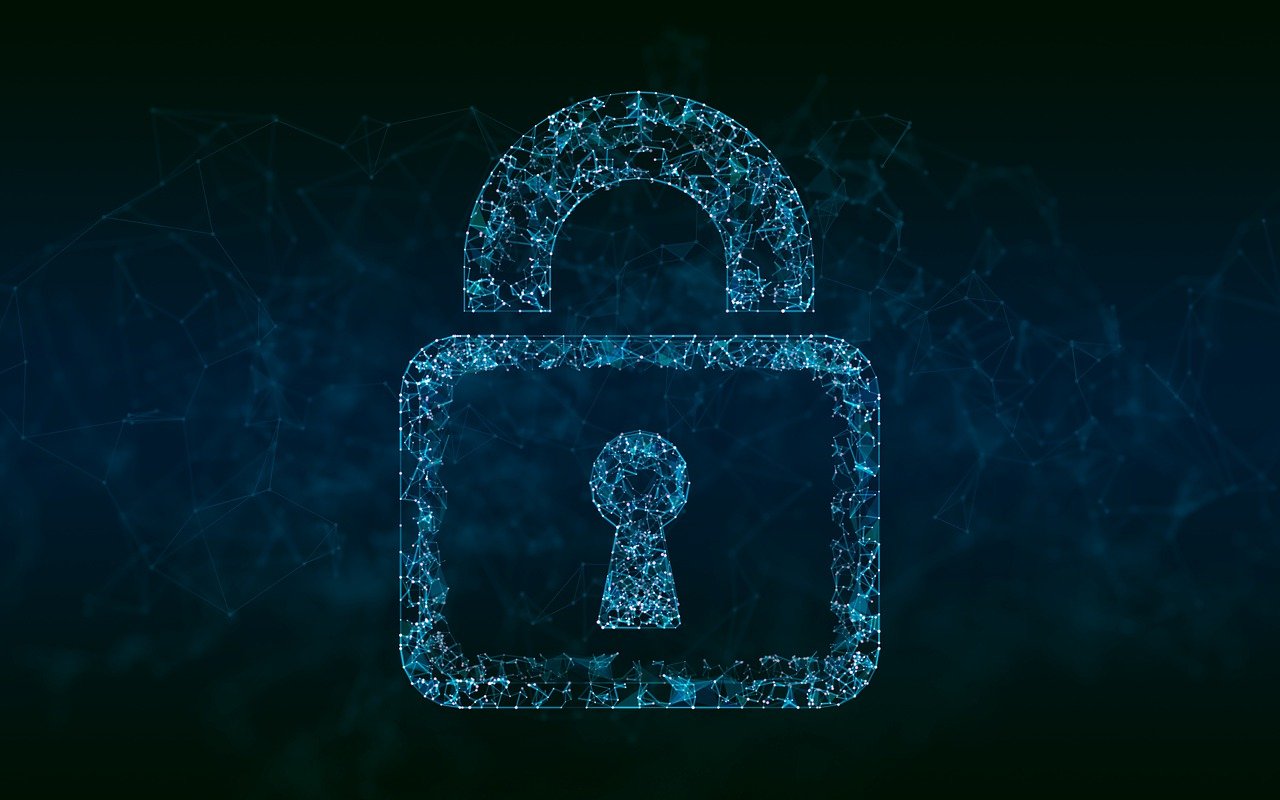· 5 min read
What is VoIP Security | Definition and Meaning
VoIP security refers to the measures and protocols implemented to protect Voice over Internet Protocol communications from eavesdropping, tampering, and other malicious activities.

Understanding VoIP Security: Safeguarding Voice Communications
VoIP, or Voice over Internet Protocol, has revolutionized the way we communicate. Instead of relying on traditional telephone lines, VoIP uses the internet to transmit voice data. While this technology offers significant benefits, such as lower costs and greater flexibility, it also brings a host of security challenges that must be addressed to ensure the privacy and integrity of conversations.
What is VoIP Security?
At its core, VoIP security refers to the measures and protocols implemented to protect VoIP communications from eavesdropping, tampering, and other malicious activities. As more businesses and individuals turn to VoIP for their communication needs, understanding the security landscape of this technology becomes paramount.
The Importance of VoIP Security
Without proper security measures, VoIP communications can be susceptible to a variety of threats. Cybercriminals may exploit weaknesses in the VoIP infrastructure to intercept calls, inject malicious code, or even perform fraud. Thus, VoIP security is crucial in maintaining confidentiality, integrity, and availability of voice data.
VoIP Encryption
One of the key methods to enhance VoIP security is through VoIP encryption. Encryption is the process of converting information or data into a code, especially to prevent unauthorized access. Encrypted VoIP services use protocols like SRTP (Secure Real-Time Transport Protocol) and TLS (Transport Layer Security) to secure voice communications.
When the question arises, “is VoIP encrypted?” the answer should consider whether the specific service implements these encryption protocols. A secure VoIP phone or an encrypted VoIP service utilizes these measures to ensure that conversations remain private and confidential.
Common VoIP Security Issues
Despite advancements in technology, VoIP security issues persist. Some of the most common challenges include:
- Eavesdropping: Attackers can intercept unsecured VoIP streams, gaining access to sensitive conversations.
- SIP Trunking Attacks: Exploiting vulnerabilities in Session Initiation Protocol (SIP) can lead to unauthorized access and fraud.
- Denial of Service (DoS): Attackers may overload a VoIP system, making it unavailable for legitimate users.
Assessing VoIP Security
When evaluating, “is VoIP secure?” several factors come into play. The overall security of a VoIP system depends on the employed protocols, configurations, and the competency of users in recognizing and mitigating potential threats.
A distinct concern is, “can VoIP be hacked?” The answer, unfortunately, is yes. Like any technology, if not properly secured, VoIP systems can be targeted by hackers.
Known Vulnerabilities in VoIP Systems
Over the years, various vulnerabilities have been identified in popular VoIP devices, highlighting the importance of constant vigilance and updates. Some notable examples include:
Audiocodes VoIP Desk Phones (CVE-2023-22955, CVE-2023-22956, CVE-2023-22957): In 2023, multiple issues were discovered affecting Audiocodes VoIP desk phones with firmware version 3.4.4.1000. One vulnerability involved insufficient validation of firmware images, allowing attackers to install malicious firmware through simple checksum manipulation. Another vulnerability exploited a hard-coded cryptographic key, enabling attackers to decrypt sensitive configuration files and retrieve confidential information such as root passwords.
MagicJack Device (CVE-2023-30024): The MagicJack VoIP solution was found to have an unauthorized read/write access to a hidden NAND flash memory partition. This vulnerability allowed attackers to replace original software with malicious versions, potentially leading to ransomware deployment on host computers, affecting all firmware versions prior to MagicJack A921 USB Phone Jack Rev 3.0 v1.4.
Juniper Networks Junos OS (CVE-2023-36839, CVE-2023-36849, CVE-2022-22172): Multiple vulnerabilities were noted within Juniper’s Layer-2 Control Protocol Daemon. Issues ranged from improper validation that allowed for denial-of-service conditions to memory leaks that could exhaust system resources when specific packets were processed.
D-Link Devices (CVE-2022-44929): In a concerning finding, D-Link devices had an access control issue permitting unauthenticated attackers to escalate privileges by editing VoIP SIB profiles.
Grandstream GRP261x VoIP Phone (CVE-2020-25217, CVE-2020-25218): The GRP261x series was vulnerable to command injection and authentication bypass issues within its web interface, which allowed attackers to execute root commands without proper credentials.
These examples serve to illustrate that vulnerabilities are not just theoretical; they have been exploited in real-world attacks, emphasizing the need for diligent security practices.
Best Practices for Securing VoIP
To enhance VoIP security, users and organizations should adopt several best practices:
- Use Strong Passwords: Implement complex passwords for VoIP devices and services.
- Regularly Update Software: Ensure your VoIP software and hardware are up to date with the latest security patches.
- Employ Encryption: Opt for services that provide robust VoIP encryption to secure calls.
- Implement Firewalls: Protect your VoIP network with a dedicated firewall to block unauthorized traffic.
- Train Users: Educate employees and users on VoIP security best practices to avoid phishing and social engineering attacks.
The Most Secure VoIP Options
When looking for the most secure VoIP, consider solutions that emphasize security as a foundational aspect of their design. Secure VoIP providers leverage advanced encryption, security protocols, and continuous monitoring to protect users.
Understanding VoIP security is vital for both personal and business users. Whether you are asking how to secure VoIP or identifying potential VoIP cyber security issues, being informed about the tools and techniques available will help you safeguard your voice communications. The landscape of VoIP technology continues to evolve, and so should our approach to ensuring its security. By following best practices and utilizing secure services, users can enjoy the benefits of VoIP without compromising their data.

